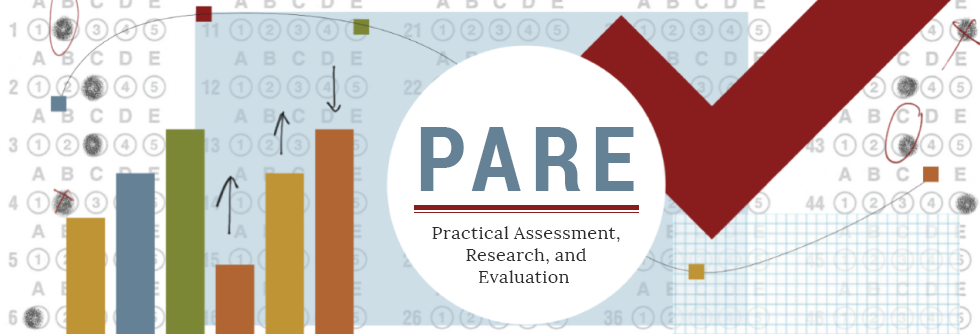Evaluating the appropriateness and use of domain critical errors
- C. W. Buckendahl
- S. L. Davis-Becker
Abstract
The consequences associated with the uses and interpretations of scores for many credentialing testing programs have important implications for a range of stakeholders. Within licensure settings specifically, results from examination programs are often one of the final steps in the process of assessing whether individuals will be allowed to enter practice. This article focuses on the concept of domain critical errors and suggests a framework for considering their use in practice. Domain critical errors are defined here as knowledge, skills, abilities, or judgments that are essential to the definition of minimum qualifications in a testing program's pass-fail decision-making process. Using domain critical errors has psychometric and policy implications, particularly for licensure programs that are mandatory for entry-level practice. Because these errors greatly influence pass-fail decisions, the measurement community faces an ongoing challenge to promote defensible practices while concurrently providing assessment literacy development about the appropriate design and use of testing methods like domain critical errors. Accessed 4,769 times on https://pareonline.net from October 17, 2012 to December 31, 2019. For downloads from January 1, 2020 forward, please click on the PlumX Metrics link to the right.
Keywords: Test Use, Test Construction, Standardized Tests, Test Format
How to Cite:
Buckendahl, C. W. & Davis-Becker, S. L., (2012) “Evaluating the appropriateness and use of domain critical errors”, Practical Assessment, Research, and Evaluation 17(1): 13. doi: https://doi.org/10.7275/09x2-yr69
Downloads:
Download PDF
View PDF
772 Views
124 Downloads
